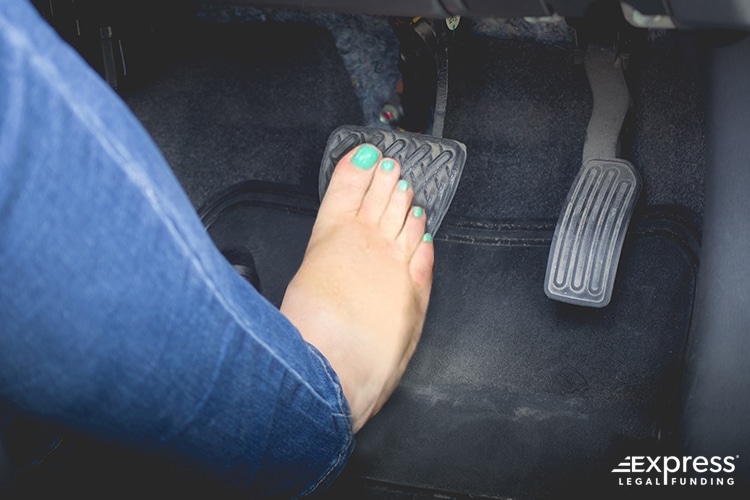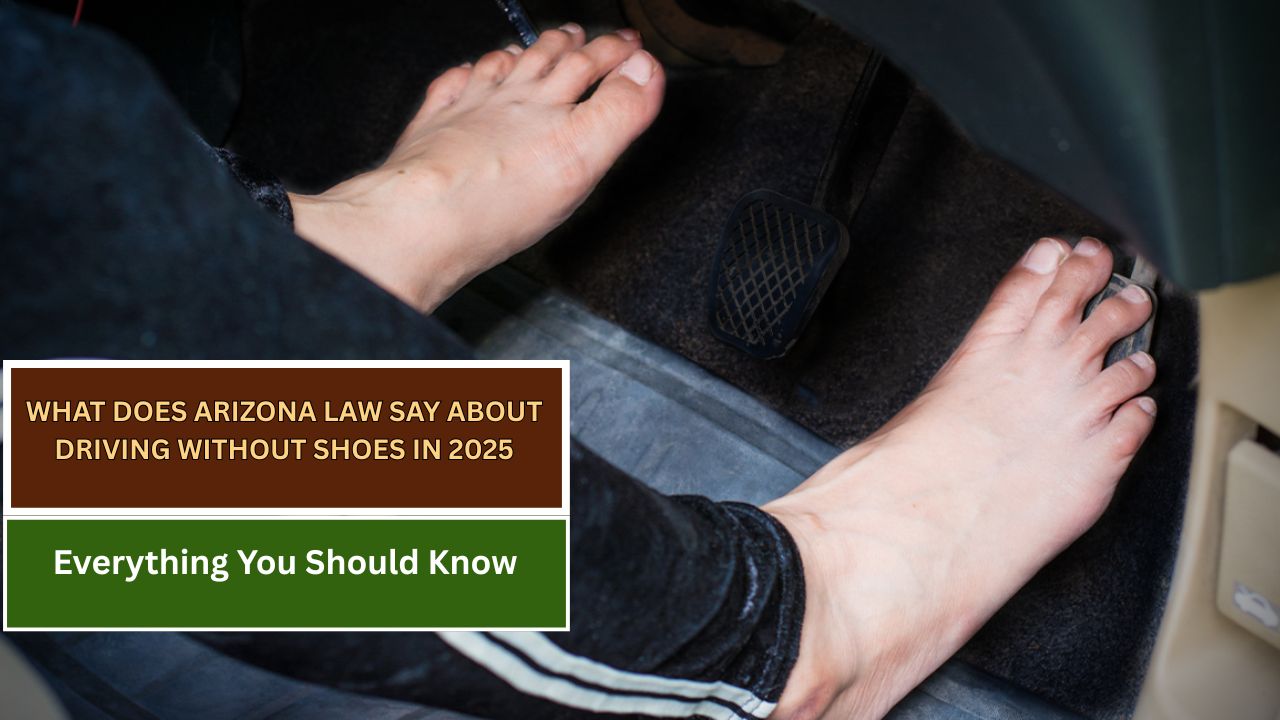In recent years, sleeping in your car has become an increasingly common practice for travelers, gig workers, and people facing housing challenges. While it may seem like a practical solution, many wonder if sleeping in a vehicle is legal, especially in specific states like West Virginia. The good news is that sleeping in your car is generally allowed in West Virginia—but like many legal matters, the answer is nuanced.
This article explores the current legal landscape around car sleeping in West Virginia, including what is permitted, restrictions you need to be aware of, and best practices for staying safe and lawful.
Is Sleeping in Your Car Legal in West Virginia?
At the state level, West Virginia does not have any specific laws that outright prohibit sleeping in a car. According to the West Virginia Department of Transportation (WVDOT), there are no statutes that forbid a person from resting or sleeping inside their vehicle.
Furthermore, the state’s rest areas and welcome centers provide a legal and safe option for travelers who need to take a break. Unlike some states, West Virginia does not impose time limits on parking or sleeping in rest stops, welcome centers, or turnpike travel plazas. These locations are designed to offer a respite for tired drivers and are generally welcoming to those who need to sleep in their vehicles overnight.
However, it is important to note that local jurisdictions may have their own rules and ordinances regarding overnight parking or sleeping in vehicles on public streets or private properties.
Restrictions and Considerations on Private Property
While public rest areas offer legal spaces for sleeping in your car, parking and sleeping on private property without the owner’s permission is illegal under West Virginia law. Per West Virginia Code §17C-14-13, unauthorized overnight parking or loitering on private property can result in fines of up to $500 and may also lead to your vehicle being towed at your expense.
If you plan to sleep in your car on private land, always seek permission from the property owner or business manager beforehand to avoid legal troubles.
The DUI Risk When Sleeping in Your Car

A major concern for many who sleep in their cars is the risk of being charged with driving under the influence (DUI), even if they are not actively driving.
West Virginia’s DUI laws are strict. The state can charge you with DUI if you are found in “physical control” of a vehicle while intoxicated. This means if law enforcement finds you asleep in the driver’s seat with the keys in the ignition or within reach, you could face DUI charges, even if you are not moving the vehicle.
According to legal experts at Frye & Troxler PSC, this interpretation of “physical control” means that anyone who sleeps in their car while intoxicated should take precautions — such as removing the keys from the ignition and placing them out of reach — to avoid DUI charges.
Local Ordinances May Vary
Though state law is generally permissive, local municipalities across West Virginia might have ordinances that restrict or regulate sleeping in vehicles on public streets or parking lots.
For example, some towns may prohibit overnight parking in residential areas or have specific rules about where vehicles can be parked overnight. This variability means it is essential to check the local laws of the city or county you plan to stay in.
If you are unsure, contacting local police departments or city offices can provide clarity and help you avoid unexpected fines or penalties.
Best Practices for Sleeping in Your Car in West Virginia
- Choose Rest Areas or Welcome Centers: These public spaces are legally designated for resting drivers and usually have no restrictions on overnight stays.
- Seek Permission for Private Property: Never park overnight on private property without express permission from the owner.
- Remove Keys and Lock the Vehicle: If you plan to sleep while intoxicated, removing the keys and ensuring they are out of reach can reduce the risk of DUI charges.
- Follow Local Ordinances: Research the local laws or ask authorities about overnight parking rules in your area.
- Prioritize Safety: Make sure your car is parked in a well-lit, safe area, and avoid isolated or unsafe locations.
Why People Sleep in Their Cars in West Virginia
Sleeping in vehicles is often a matter of necessity—whether due to long drives, work schedules, or housing insecurity. West Virginia’s scenic highways and plentiful rest stops make it a common state for travelers and truck drivers to rest.
For those facing homelessness, car sleeping may be a last resort. Awareness of the legal framework helps vulnerable populations avoid unnecessary legal troubles and maintain safety.
Final Thoughts
Sleeping in your car in West Virginia is generally legal, particularly at public rest areas and welcome centers. However, you should always be aware of local rules, avoid private property without permission, and understand the risks—especially related to DUI laws.
For more information on traffic and parking regulations, visit the West Virginia Department of Transportation or consult local municipal codes. For DUI-related inquiries, the West Virginia Division of Motor Vehicles is a valuable resource.
By understanding and respecting these laws, you can rest comfortably in your vehicle without fear of legal repercussions.
This article has been carefully fact-checked by our editorial team to ensure accuracy and eliminate any misleading information. We are committed to maintaining the highest standards of integrity in our content.

Outside of work, he enjoys playing chess, following cricket, and writing short stories. His commitment to integrity and in-depth analysis strengthens OTE News’ mission of providing trustworthy journalism.




